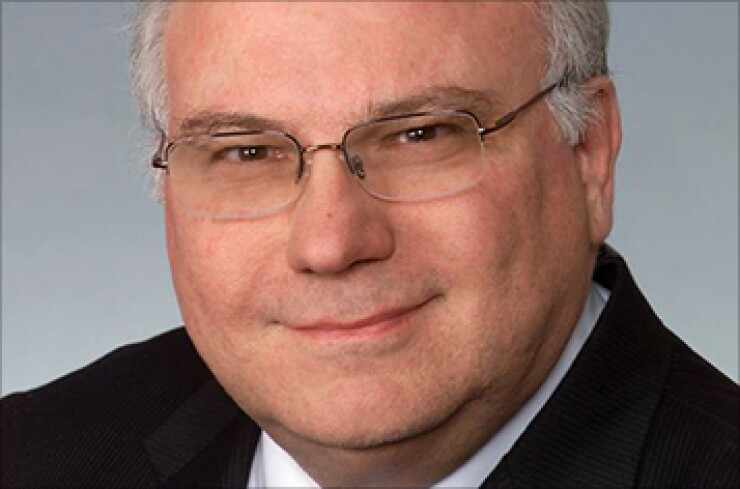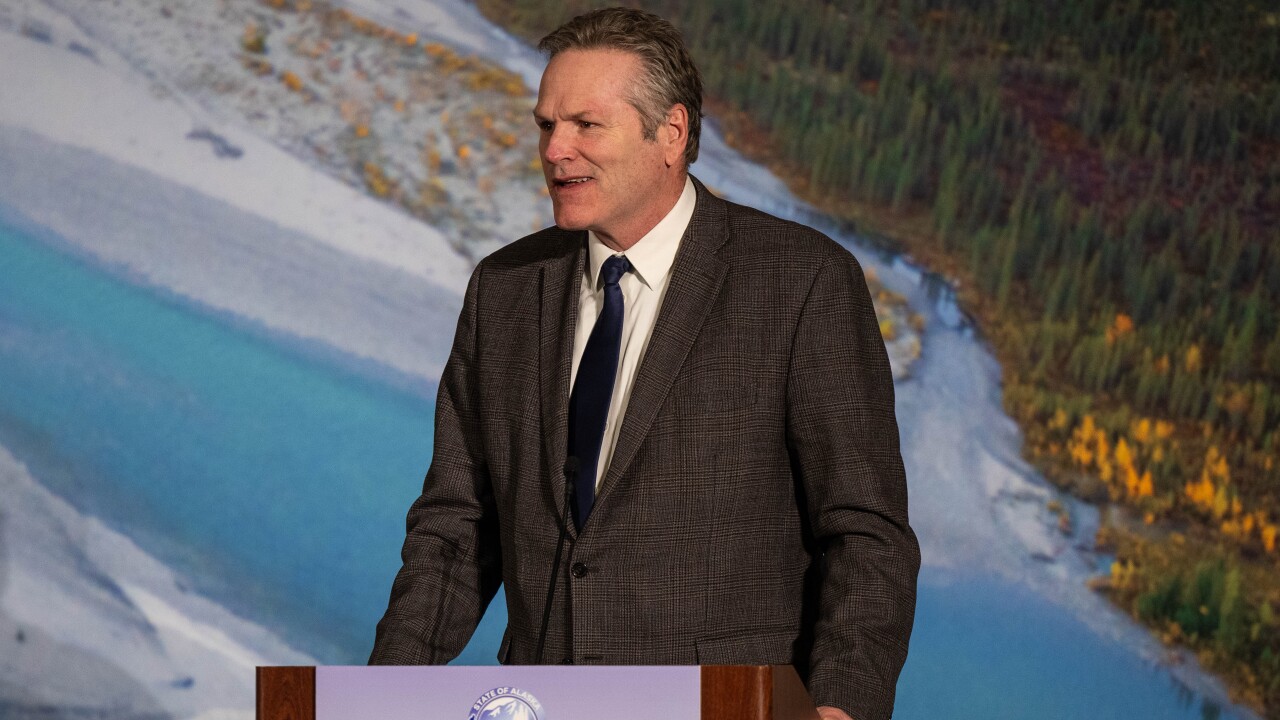
WASHINGTON — The Supreme Court has agreed to take up Puerto Rico's appeal of a lower court ruling that the commonwealth's local restructuring law is not allowable under federal bankruptcy law.
The Puerto Rico Public Corporation Debt Enforcement and Recovery Act, enacted last year to allow the territory's cash-strapped utilities to restructure, was found to be illegal in July after a three-judge panel on the U.S. Court of Appeals for the First Circuit in Boston said the law violated a section of federal bankruptcy law that prohibits states from passing laws that would allow their public entities to restructure without the approval of those entities' creditors. The decision upheld a prior ruling from the U.S. District Court of Puerto Rico.
The oral argument will consolidate two cases, Puerto Rico, et al. v. Franklin CA Tax-Free Trust and Acosta-Febo, Melba, et al. v. Franklin CA Tax-Free Trust and has been allotted one hour.
Melba Acosta-Febo, who is named in the second case, is the president of Puerto Rico's Government Development Bank, the principal entity the commonwealth uses to issue its bonds. She said the GDB is pleased with the Supreme Court's decision to accept the appeal, especially as island officials continue to negotiate with Puerto Rico Electric Power Authority creditors.
"The Recovery Act was designed to provide a structured process for Puerto Rico's government entities and their creditors to restructure the debt of those entities in an orderly fashion," Acosta-Febo said. "The lack of a final resolution to the Puerto Rico Electric Power Authority negotiations, which have been delayed by the unyielding attitude of certain of its creditors, demonstrates the importance of a mechanism to compel stakeholders to engage in good faith negotiations."
Puerto Rico Gov. Alejandro García Padilla and Pedro Pierluisi, Puerto Rico's representative in Congress, focused their comments on spurring Congress ahead with possible federal restructuring laws that would make the local law at issue unnecessary.
"We look forward to having the opportunity to defend the constitutionality of this legislation," García Padilla said. "While we are hopeful the Supreme Court will rule in our favor, this is a lengthy process and Puerto Rico's 3.5 million American citizens cannot wait any longer for relief. The humanitarian crisis in Puerto Rico grows more dire with each passing day, and we urge Congress to take action now to alleviate the burden of the Island's fiscal crisis on its people by affording the Commonwealth access to the tools needed to restructure our debt and allow our economy to grow."
Justice Samuel Alito took no part in the consideration or decision of the motion or petitions for the Court to take the consolidated case up.
The parties challenging the law are Franklin California Tax-Free Trust and BlueMountain Capital Management, which hold the bonds of Puerto Rico's authorities. In briefs filed with the Supreme Court, they pointed to a statute Congress enacted in 1946, now Section 903(1) of the Bankruptcy Code, that expressly prohibits state laws from providing for the adjustment of municipal debts over the objection of non-consenting creditors. That law "indisputably applied to Puerto Rico when it was enacted," they said.
"For 68 years, the states, the District of Columbia, and Puerto Rico alike all observed this prohibition; none attempted to enact their own municipal bankruptcy law until Puerto Rico enacted its Recovery Act in 2014," the funds said. "That provision applied to Puerto Rico when it was enacted, and, because the provision is unchanged today, the conclusion that it applies to Puerto Rico today is inescapable."
Puerto Rico's petition for review, however, said that if the appeals court ruling is correct, federal law leaves the territory in a "no man's land" while it is trying to "respond to the most acute fiscal crisis in its history."
Unlike the fifty states, federal law does not allow Puerto Rico's public authorities to file for Chapter 9 bankruptcy protections because of 1984 amendments to the bankruptcy code.
"Just because Puerto Rico's public utilities cannot restructure their debts under federal law does not mean that they cannot restructure their debts under commonwealth law," Puerto Rico's lawyers said. "Nothing in the federal bankruptcy code purports to leave a jurisdiction, like Puerto Rico, that is outside the scope of Chapter 9 in a 'no man's land' where its public utilities cannot restructure their debts under either federal law or its own law."
The First Circuit, which found that Puerto Rico, just like a state, is prevented from establishing a local law, "held that Puerto Rico has the worst of both worlds: it is not entitled to the benefits of Chapter 9, but remains subject to the burdens of Chapter 9," according to the commonwealth's lawyers. They also accused the court of turning Chapter 9 "on its head" by using a section of the overall law that does not apply to Puerto Rico to prevent the commonwealth from passing legislation on its own. "It makes no sense to read a limitation on Chapter 9 to apply to a jurisdiction, like Puerto Rico, that is outside the scope of that Chapter in the first place," the lawyers for the commonwealth said.
While all three appeals court judges found the federal law preempts the Recovery Act, one of them, Judge Juan Torruella filed a concurring opinion to address the issues he sees with the 1984 amendments to the code. Referring to the 1984 amendments that do not give Puerto Rico authorities access to Chapter 9, Torruella wrote, "A tracing of its travels through the halls of Congress sheds less light than a piece of coal on a moonless night regarding the reason for its enactment." He added that the appeals court "sends Puerto Ricans to Congress" to reverse the "unconstitutional" amendments.
Chapman Strategic Advisors managing director James Spiotto said the Supreme Court may have decided to accept Puerto Rico's appeal because "they want to make it clear that territories can't write their own uniform bankruptcy laws."
He added that the high court oftentimes accepts cases because the issues they contain are important and may need to be reaffirmed, but that "it is in the prerogative of the Court" to overturn the previous decisions.
"I think the basic decision made by the district court and the First Circuit is traditionally correct," Spiotto said. "The notion that Puerto Rico would create its own bankruptcy sort of rewrites what is already in the U.S. law and flies in the face of the Supremacy Clause of the U.S. Constitution."
But Eric LeCompte, executive director of Jubilee USA Network, an alliance of 75 U.S. organizations and 400 faith communities said "Puerto Rico needs a solution to the debt crisis that prevents austerity and protects the vulnerable. With Congress unwilling to act, courts in Puerto Rico could be a part of that solution."





